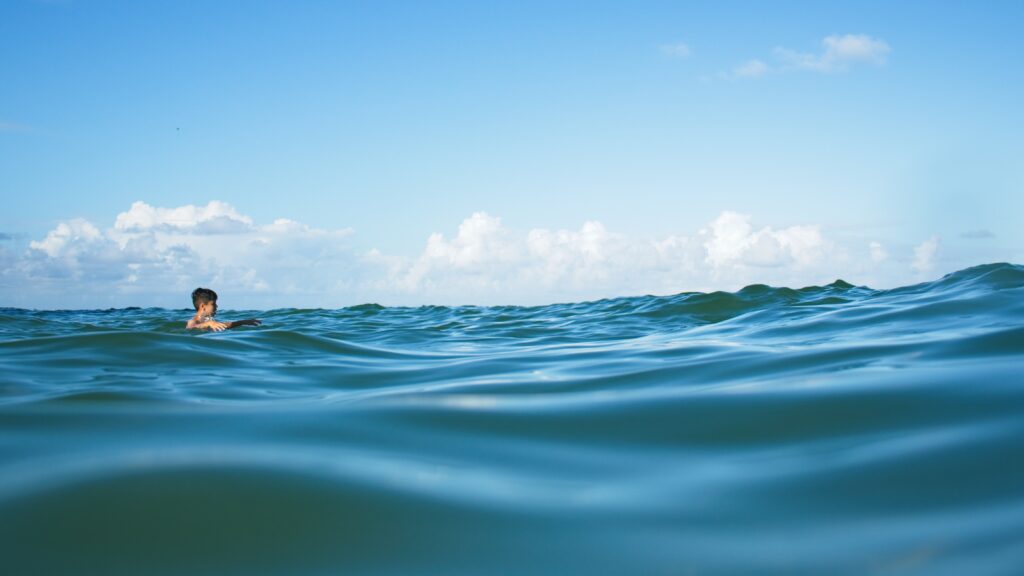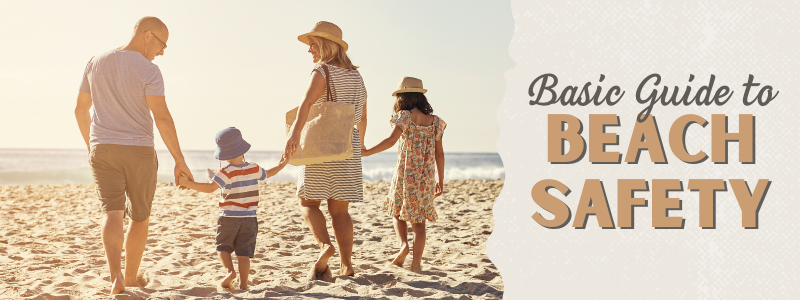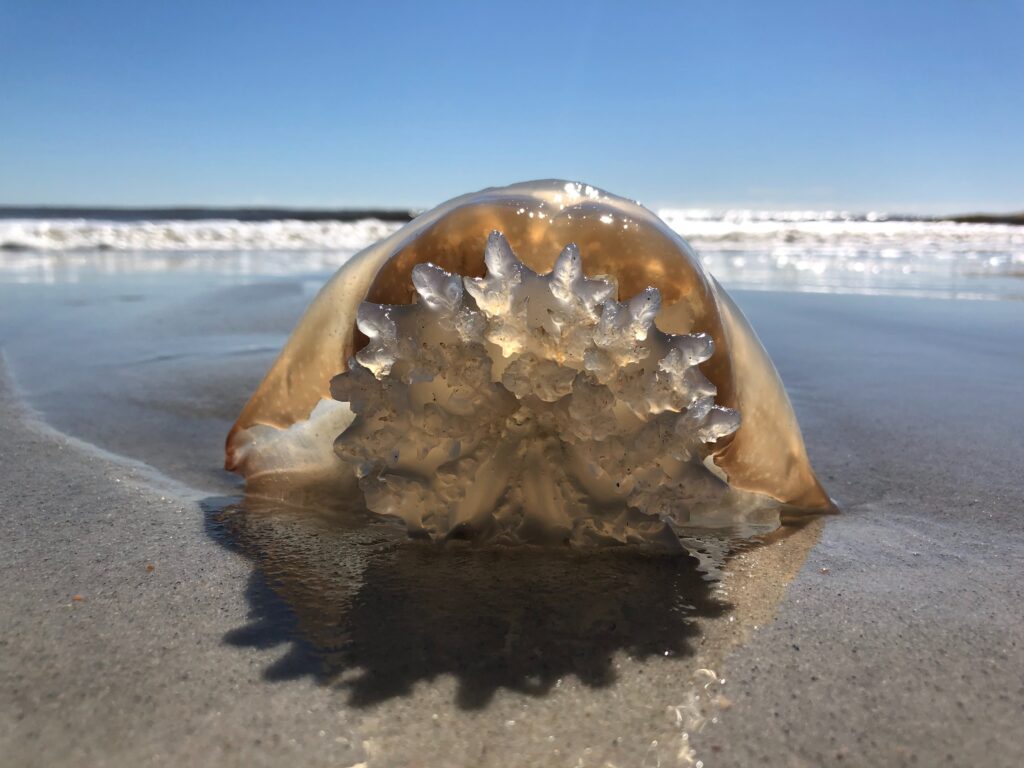It’s that time of year again when the idea of walking ankle-deep in the refreshing Atlantic, building sandcastles, and soaking up the Carolina sunshine becomes a little bit more irresistible. Although Hilton Head’s temperate weather allows locals and visitors alike to visit its beautiful beaches year-round, there’s an explosion of activity that begins every year around Memorial Day that brings more tents and towels to our beaches. The summer season is an exciting time buzzing with more people to meet and more chances to make lasting memories with friends and family.
As you prepare for your upcoming summer vacation to Hilton Head Island, make sure you brush up on your beach safety. Don’t allow the anxiety of what could go wrong deter you from having fun during your vacation. On the other hand, you also don’t want to get caught unprepared if something does happen. Here are some things to keep in mind before you head to the beach:
What to Bring
–Water
It’s easy to become dehydrated at the beach, especially if you’re chasing down frisbees or playing in the waves. Make it a point to bring an ample amount of water for everyone in your group. Not a fan of water? I know it might be tempting to stock up on just soda and sugary juices, but any sports drink with electrolytes is a better replacement.
Another thing to keep in mind: alcoholic beverages are not allowed on any of Hilton Head Island’s beaches.
–Sunscreen
An important beach staple, sunscreen should always have a spot inside your beach bag. There’s always someone in your group who forgets to apply sunscreen, and depending on how long your beach day is actually going to last, it’s a good idea to reapply throughout the day especially if you’ve been in and out of the water.
Out of sunscreen? Stop by one of the local gift shops or grocery stores on the island and pick up some reef-friendly sunscreen that will not only protect you, but ocean life as well!
–First Aid Kit
Having a first aid kit on hand when traveling is a good idea in general. You never know when a rogue scraped knee or bee sting will surprise you. Accidents do happen, and if you end up losing a wrestling match with your beach umbrella, it’s always handy to have a stash of your own band aids and other supplies, especially if there’s no lifeguard around.
Of course, some injuries do require medical attention, so don’t hesitate to seek emergency care if necessary.
Water Safety
Here are just a few of the main water safety tips. Some of the following tips may sound like common sense, but they’re good to brush up on if you haven’t visited the beach in a while.
- If you know you can’t swim, stay out of the water.
- Never overestimate your swimming ability.
- Never swim alone.
- Always supervise your children, even if you are located in a guarded area.
- Remember to enter the water feet first—don’t dive.
- Ask the lifeguard why he or she is flying a yellow caution flag.
Click here for additional water safety information or if you’d like to know where Beach Patrol is located.

-Rip Currents
The chances of rip currents increase with higher surf levels, as well as with weather activity, so before you even unfold the beach chair, check with the lifeguard on duty and keep an eye on your weather app.
The best things to do if you do happen to be caught in a rip current:
- Don’t panic or fight the current.
- Swim sideways, or parallel to shore until you’re outside of the rip current.
- Let the current pull you out, and then swim parallel to shore once you’re outside of the current.
Click here to learn more about rip currents.
–Stingrays
Most injuries caused by stingrays seem to happen during the months of May through June. Whether one can pin that on stingray mating season, feeding habits, or just bad luck, there are ways to help limit your chances of getting injured. As you splash around in the water, remember to shuffle or drag your feet. Believe it or not, stingrays only attack you if they feel threatened, and accidentally stepping on one does in fact fall into that category.
What happens when you’ve been injured? The injury should be cleaned and disinfected immediately, and hot water seems to help with the pain from the stingray’s toxins. It’s always a good idea to seek medical treatment, especially if there are any spines that remain or if the injury in the chest, neck, and head area. Injuries from a stingray normally cause severe pain, weakness, and nausea.
Please keep in mind that we are not medical professionals, and this guide should not replace medical treatment.
–Jellyfish
Although you might not see a jellyfish in the water before unintentionally bumping into it, you can steer clear of any dead jellyfish on the beach—they can still sting! If you’re terrified of a jellyfish sting ruining your beach day, keep a bottle of vinegar as well as a pair of tweezers in your beach bag. Rinsing the sting with vinegar is said to keep the stingers from firing any additional jellyfish venom. Tweezers can help pluck any remaining tentacles off of the skin—the scraping method is now thought to cause more pain. Similar to stingray injuries, soaking the skin in hot water seems to ease the pain more than cold water does.
Please keep in mind that we are not medical professionals, and this guide should not replace medical treatment.
Local Beach Regulations
When visiting a beach—especially one you’ve never been to before—it is always smart to read up on all of the local beach regulations to help keep you and everyone else around you safe. Click here for a link to Hilton Head Island’s local beach regulations.


